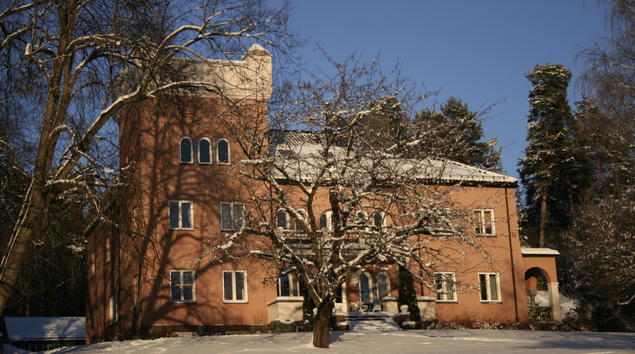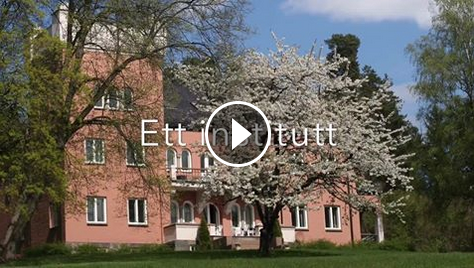Top marks for FNI in institute evaluation

The independent social science institutes in Norway are both productive and relevant, according to a recent evaluation. The report praises the Fridtjof Nansen Institute for its prestigious scientific publications, its strategic importance and its high level of policy relevance.
The evaluation report, commissioned by the Research Council of Norway (RCN) and conducted by an independent panel of Nordic social scientists, was presented at an RCN seminar in Oslo, 16 February.
The report takes a closer look at all the independent institutes that make up the social science ‘competition arena’ within the Norwegian institute system. It divides the institutes into three categories: those with an international or foreign relations area of study; those working on national welfare and social issues; and those with a mainly regional focus. The institutes were all evaluated on criteria such as research quality, relevance of the institutes for public administration, business and society, contribution to research training and level of international cooperation.
Highest publication rate
 Although the report finds that the quality and performance of individual institutes definitely vary, it concludes that collectively, the institutes have a ‘significant impact on policy and societal development’. The social science institutes also have a relatively high scientific publication rate compared to other institute sectors in Norway, and the internationally oriented institutes, such as FNI, have the highest scientific publication rate of the three institute categories. According to the report, it is striking that FNI and the other internationally oriented institutes not only are the best institutes in terms of scientific merit but also in terms of relevance.
Although the report finds that the quality and performance of individual institutes definitely vary, it concludes that collectively, the institutes have a ‘significant impact on policy and societal development’. The social science institutes also have a relatively high scientific publication rate compared to other institute sectors in Norway, and the internationally oriented institutes, such as FNI, have the highest scientific publication rate of the three institute categories. According to the report, it is striking that FNI and the other internationally oriented institutes not only are the best institutes in terms of scientific merit but also in terms of relevance.
Prestigious journals
FNI is praised specifically for its ‘significant number of publications in prestigious journals’. The institute’s high publication score has repeatedly placed it at the very top of Norwegian annual research rankings. Moreover, the report finds that FNI researchers are highly specialized in fields that are of ‘considerable strategic importance for Norwegian society and business’. FNI ‘clearly has significant impact on Norwegian and to some extent also international policy,’ the review committee finds. It further notes that FNI’s ‘cultural and language expertise concerning Russia and China is unique and much needed in the policy areas where the work is focused’. The institute is also ‘well run, has a strong governance model and financial performance’.
Independence hallmark
‘This is an extremely good evaluation for us,’ says FNI Director Geir Hønneland.
We already knew that we’d come out on top in publication rates in recent years, but I’m glad to see that the evaluation committee clearly endorses FNI’s niche strategy to cultivate top-level research within a relatively narrow area of international relations and international law, related to environmental protection and resource management. I’m particularly happy to see that FNI comes out on top on users’ perception of the various institutes’ independence from external interest groups. Independence is a hallmark of our research, and I’m happy to see that it is appreciated by others as well, says Hønneland.
This short video gives a brief presentation of FNI and its focal areas of research.

